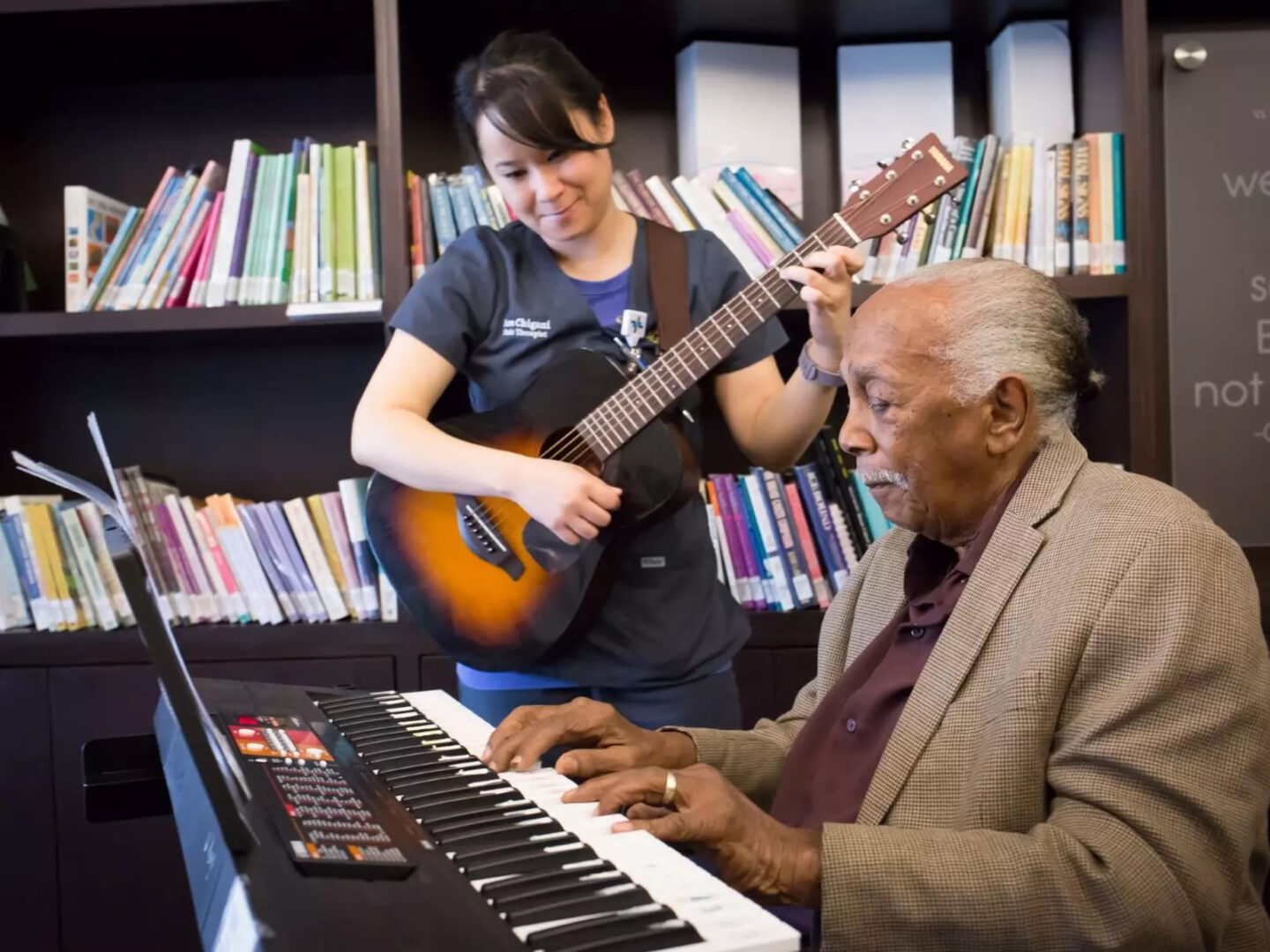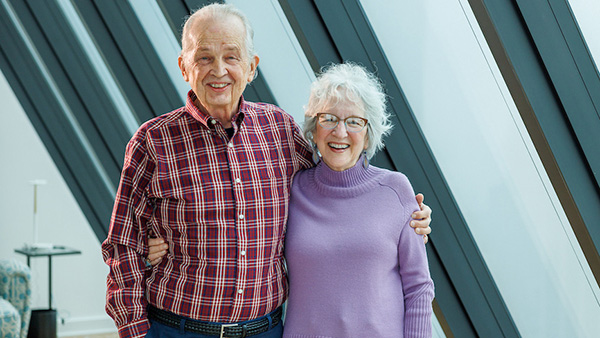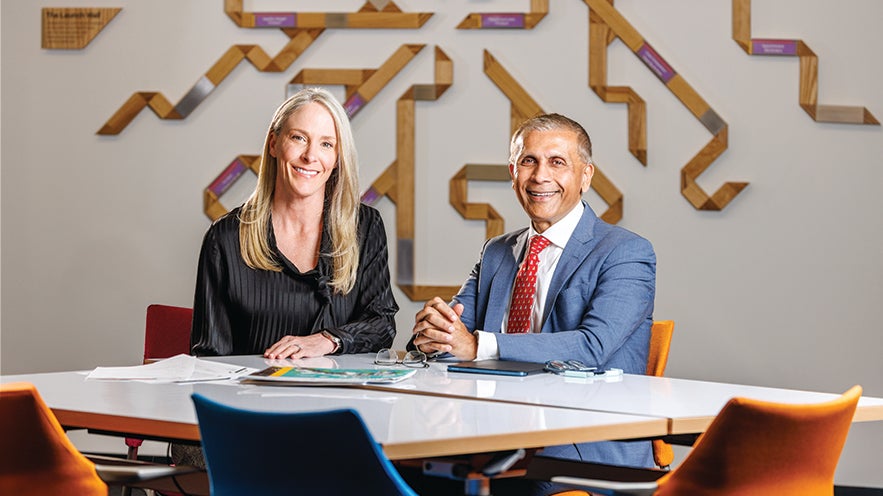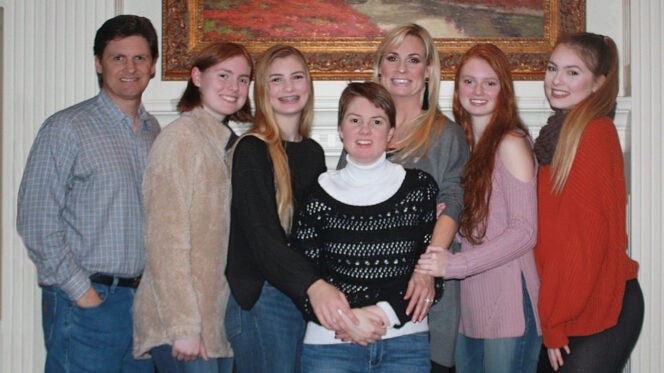What if we could advance cancer care with less chemotherapy, radiation and surgery?
Thanks to years of research in the field of immunotherapy, for some patients, that hypothetical
question may now have a real and encouraging answer. Immunotherapy uses a patient’s own immune system to fight off or prevent disease. This approach programs a patient’s white blood cells to attack other cells in the body carrying a specific disease.
One of the most exciting and promising advancements in cancer care is a category of immunotherapy called Chimeric Antigen Receptor T cell therapy, or CAR-T. CAR-T therapy allows clinicians to reprogram a patient’s cells. These altered cells detect and destroy targeted cancer cells.
How CAR-T Therapy Works
CAR-T is a personalized therapy in which the white blood cells (a.k.a., T cells), are removed
from the body. Once collected, the T cells are reprogrammed to make a protein that enables them to recognize targeted forms of cancer. The modified cells then go through a multi-week manufacturing process to create millions of reprogrammed CAR-T cells.
At the completion of this process, patients have the cells infused back into their bloodstream.
They then go to work attacking and destroying their cancer.
Chemotherapy and radiation often require multiple treatments. CAR-T is a one-time, “living”
therapy. Once reintroduced to the body, the reprogrammed cells multiply, attack the cancer
and help guard against recurrence.
“This is a game-changing treatment for patients whose cancer has not responded to other
treatment options,” said Yair Levy, M.D., medical director of hematologic malignancy clinical
research at Baylor University Medical Center at Dallas.
The Future of Cancer Care
We’re still in the beginning phases of treating patients with CAR-T, but early results for this therapy are very promising. Earlier this spring, Baylor Dallas began offering an FDA-approved CAR-T therapy specifically for patients with diffuse large B-cell lymphoma, one of the most aggressive and common forms of non-Hodgkin’s lymphoma. “This is a completely different way of treating cancer and early results have shown it to be one of the most potent therapies ever tested for these patients,” said Houston Holmes, M.D., principal investigator for the CAR-T clinical trials and oncologist on the medical staff at Baylor Charles A. Sammons Cancer Center.
There are a number of clinical trials underway at Baylor Scott & White Research Institute to test the use and viability of this treatment on other forms of cancer.
Hope for Pancreatic Cancer Patients
Researchers at Baylor Scott & White Research Institute are also looking to CAR-T in the hopes that it will prove effective in the fight against pancreatic cancer. Pancreatic cancer is the third leading cause of cancer related death in the United States. No detection tools exist to diagnose the disease in its early stages when it’s easier to treat. A phase 1 clinical trial, sponsored by Bellicum Pharmaceuticals, Inc, and being conducted solely at Baylor Sammons Cancer Center, through Baylor Scott & White Research Institute, will evaluate the company’s new CAR-T therapy.
“This clinical trial is an important step in our ongoing research efforts to improve patient outcomes in one of the deadliest forms of cancer,” said Carlos Becerra, M.D., interim chief of oncology at Baylor Dallas and principal investigator of the study. “The pancreatic cancer patients who will be eligible to participate in the study have progressed after standard treatments and have limited options. We hope that this trial will be an important step in developing safe and effective CAR-T cell therapy for solid tumors.”
As the rapidly-emerging field of immuno therapy continues to develop, CAR-T therapy is at the forefront. The hope is that one day this treatment will give hope to the millions diagnosed with cancer every year.
Philanthropic support plays an important role in scientific progress and bringing innovative research from bench to bedside. For information on how you can support research efforts at Baylor Scott & White Health, contact Sarah Burdi at 214.820.4721 or Sarah.Burdi@BSWHealth.org






